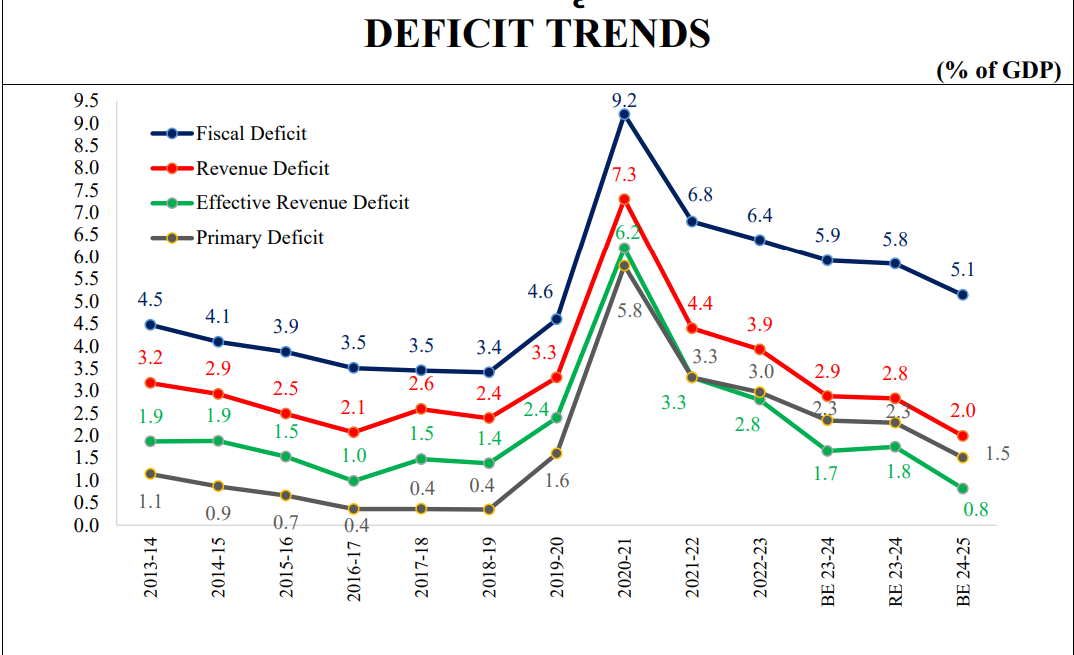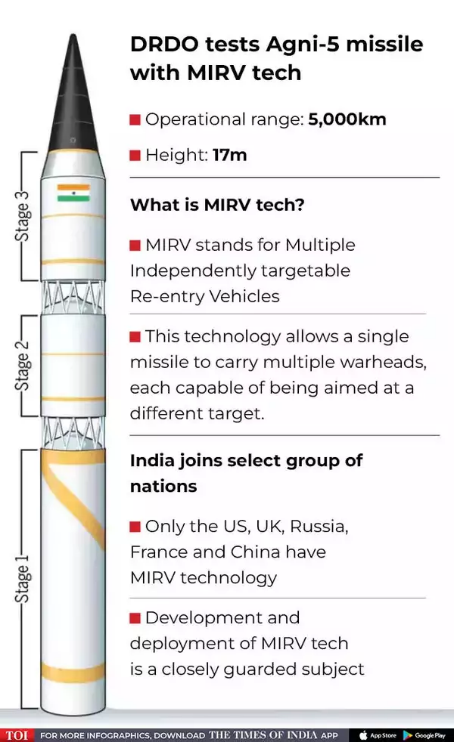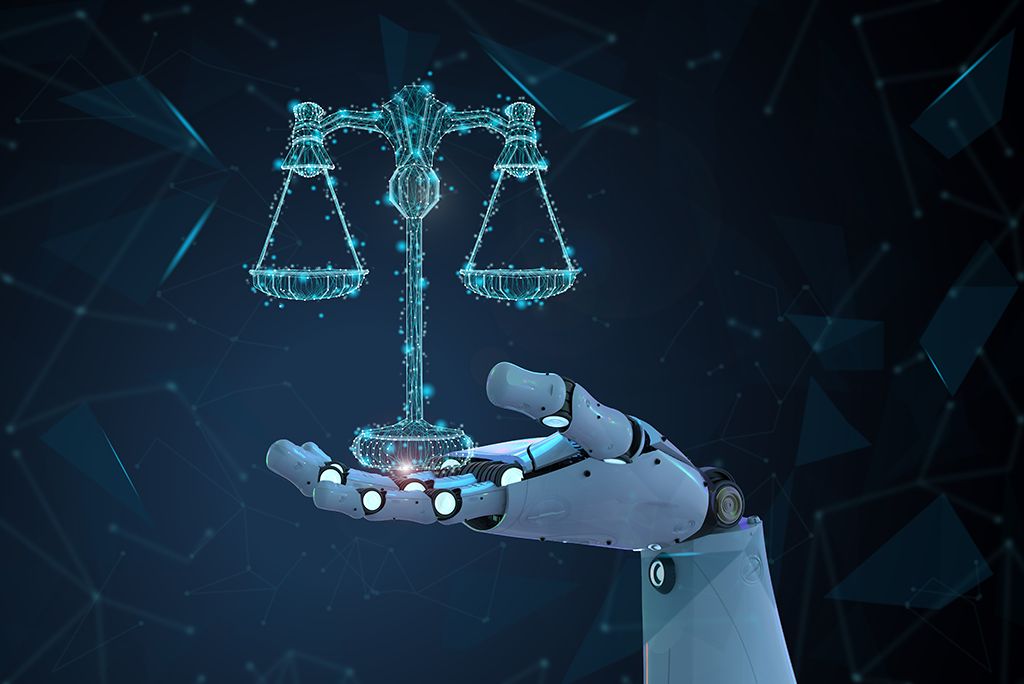
Europe’s AI Convention
Subscribers of "Current Affairs" course can Download Daily Current Affairs in PDF/DOC
Subscribe to Never Miss an Important Update! Assured Discounts on New Products!
Must Join PMF IAS Telegram Channel & PMF IAS History Telegram Channel
- Context (IE I TH): Europe’s groundbreaking AI Act, the 1st of its kind globally, will take effect next month.
- It aims to address the challenges and opportunities of AI while prioritising trust, transparency, and accountability.
About the AI Convention
- It is officially known as the Framework Convention on Artificial Intelligence and Human Rights, Democracy and the Rule of Law, which represents a significant milestone in AI governance.
- Adopted by the Council of Europe (COE), this convention addresses the pressing need for comprehensive regulation of AI.
- It will be opened for signature in Vilnius, Lithuania, on September 5, 2024, and the legislation will apply in 2026.
The Council of Europe (COE)About
CoE’s areas of concern
|
Aims and Definition
- It ensures that activities involving AI systems comply with human rights, democracy, and the rule of law.
- An AI system is a machine-based system uses input to produce predictions, content, recommendations, or decisions that influence physical and virtual environments.
- Hence, the convention’s definition of AI aligns with the EU AI Act and the OECD’s definition.
Scope of the AI Convention
- Coverage: The convention applies to all activities within the lifecycle of AI systems that could impact human rights, democracy, and the rule of law.
Public and Private Sector Responsibilities
- Public Authorities: The convention is applicable to AI activities conducted by public authorities or private entities acting on their behalf.
- Private Actors: Risks and impacts from AI activities by private entities not covered by public authorities must be addressed in alignment with the convention’s objectives and purpose.
Addressing National Security in the AI Convention
- Provisions of the convention provide broad exemptions for national security interests, research, development and testing, and national defence.
- Consequently, military applications of AI are excluded from the convention.
Balancing Flexibility and Regulation- Inclusion of Private Sector
- The inclusion of the private sector in the convention’s scope was contentious, leading to a compromise.
- Article 3(b) allows parties some flexibility in applying the convention to the private sector, preventing total exemption but accommodating national security needs.
General Obligations
- Articles 4 and 5 ensure the protection of human rights, democratic integrity, and the rule of law, requiring parties to address disinformation and deep fakes as part of their national security measures.
Flexibility for Enhanced Commitments
- Article 22 allows parties to exceed the commitments and obligations specified in the convention, encouraging further proactive measures to address national security concerns related to AI.
Protection of Core Values
- Human Rights (Article 4): The convention mandates the protection of human rights.
- Democratic Processes and Rule of Law (Article 5): It emphasises maintaining the integrity of democratic processes and respect for the rule of law.
- It restricts governments’ use of real-time biometric surveillance in public spaces to cases of certain crimes, prevention of terrorist attacks and searches for people suspected of the most serious crimes.
- Companies outside the EU who use EU customer data in their AI platforms will need to comply.
Violation of the Law
- Depending on the type of violation, fines for violations range from 7.5 million euros ($8.2 million) or 1.5% of turnover to 35 million euros or 7% of global turnover.
Significance of AI Convention
First of its own kind
- Although there are many ethical guidelines, ‘soft law’ tools, and governance principles enshrined in many documents, none of them are binding or are likely to result in a global treaty.
- There are also no ongoing negotiations for an AI treaty at the global or regional levels anywhere.
No New AI-Specific Rights
- The AI convention does not introduce new human rights specific to AI.
- Instead, it emphasises that existing human and fundamental rights, protected by international and national laws, must remain safeguarded during the application of AI systems.
Government Obligations
- It primarily directs its obligations towards governments, which are expected to implement effective remedies (Article 14) and procedural safeguards (Article 15).
Protection of Core Values
- The convention adopts a comprehensive approach to mitigate risks from AI applications regarding human rights, democracy, and the rule of law.
- This approach recognises the dynamic nature of AI technology and the challenges it presents.
Balance Between Innovation and Risk
- It strikes a crucial balance between fostering innovation in AI and addressing risks to human rights.
Comprehensive than other Global Practices
- The EU’s AI Act is more comprehensive than the USA’s light-touch voluntary compliance approach, while China’s approach aims to maintain social stability and state control.
|
Challenges
- Implementing the convention poses challenges, especially as AI regulation frameworks are still evolving and technology advances rapidly, often outpacing existing laws and policies.
Impact of the AI Convention
- Regional Influence: The AI convention could inspire similar conventions at the regional level in other parts of the world, promoting global standards in AI governance.
- Indirect Effect on the U.S.: As the U.S. is a member of the COE, the AI convention might indirectly influence AI governance in the U.S., which is significant given its status as a hub for AI innovation.
- European Values and Norms: A potential downside is that the AI convention might appear heavily influenced by European values in technology governance, leading to perceptions of bias.
Framework Convention
Protocols
Significance of the Framework Convention Approach
|
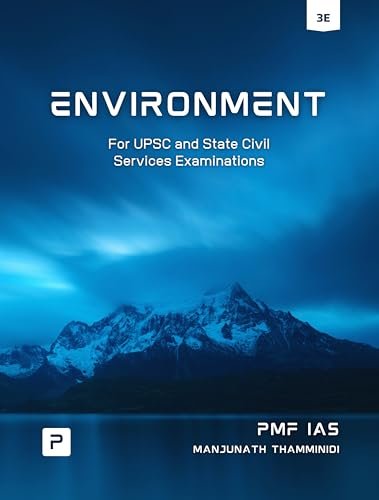
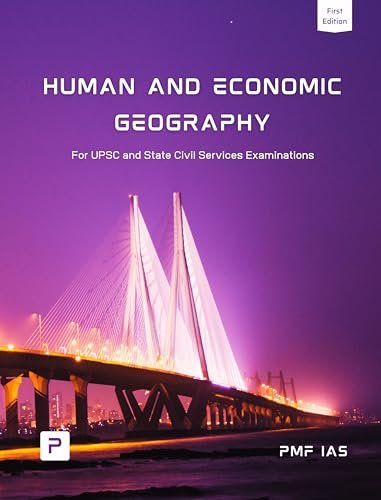


![PMF IAS Environment for UPSC 2022-23 [paperback] PMF IAS [Nov 30, 2021]…](http://pmfias.b-cdn.net/wp-content/uploads/2024/04/pmfiasenvironmentforupsc2022-23paperbackpmfiasnov302021.jpg)


